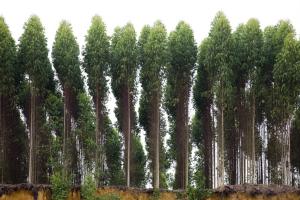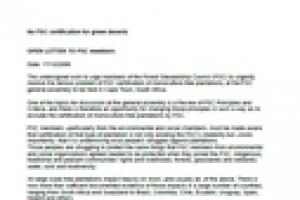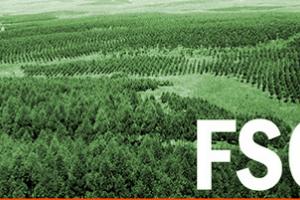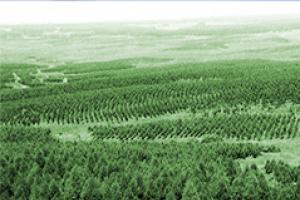The rural-urban migratory process in Chile is the result of internal conflicts in the agrarian structure and, in the case of the VIII Region – the Bio-Bio Region – it is linked to a productive restructuring which is in fact forestry restructuring.
Chile
Action alerts
16 January 2008
Only available Spanish and Portuguese.
Comunicado de Prensa de RECOMA
16 de enero de 2008.
Action alerts
15 January 2008
Only available in Spanish -
15 de enero de 2008
Señora Michelle Bachelet
Presidenta de La República
Palacio de La Moneda
Santiago, Chile
Other information
3 January 2008
The young indigenous Mapuche leader, Patricia Troncoso has been on a hunger strike since 10 October 2007. She was given a prison sentence of 10 years and a day, accused of terrorist arson at the Poluco Pidenco property. This fire took place in December 2001 and the alleged perpetrators were tried, in the presence of “faceless witnesses” (that is to say, anonymous witnesses), under the Anti-terrorist Law created during the military dictatorship.
Bulletin articles
3 January 2008
In Latin America biotechnology applied to research on varieties of transgenic trees to give them certain characteristics facilitating their large-scale monoculture plantation is being led by two countries: Brazil and Chile.
In Brazil, the National Biosecurity Technical Commission (CTNBio), the body responsible for monitoring recombining DNA technology – implying gene manipulation –approved standards for planned liberation into the environment of experiments with transgenic eucalyptus trees in the country in June 2007.
Bulletin articles
5 December 2007
Forestry development in Chile –meaning monoculture tree plantations- is marked by a great imbalance in the distribution of the monetary wealth generated by this industry. The huge profits obtained -subsidized by the Chilean people- enable the economic groups that own these companies to generate enormous wealth, while the population does not receive in exchange any real benefits from this activity.
Bulletin articles
5 December 2007
Most Chilean forestry companies’ plantations are certified, some by FSC and the majority by CERTFOR (a member of PEFC). In round figures, FSC has certified some 350,000 hectares, while CERTFOR has certified approximately 1,600,000 hectares. Given the importance of CERTFOR in Chile, it interesting to analyze it in greater detail.
Other information
18 July 2007
Chile is where the “forestry model” introduced into the countries of the South – that is to say large-scale monoculture tree plantations, mainly aimed at producing pulp for export – has been “sold” best.
Bulletin articles
30 September 2006
The PEFC was set up between 1998 and 1999 by the national forestry interest groups – mainly associations of small-forest owners in several European countries as the Pan European Forest Certification Scheme. It changed to its current name after having endorsed other non-European schemes. The scheme is governed by the PEFC Council, which consists of representatives of national certification schemes and are the PEFC’s members. The PEFC is not a single certification scheme with a single standard, but a programme for the endorsement of national certification schemes.
Bulletin articles
30 September 2006
In the year 2000 Chilean forestry companies announced the launching of their own forestry certification scheme, CERTFOR. This label was created under the auspices of the Fundación Chile, the Forestry Institute (Instituto Forestal - Infor) with the financial support of the Corporation for the Promotion of Production - CORFO (Corporación de Fomento de la Producción). After having attempted to join FSC – seeking international legitimacy – and following a negative answer, CERTFOR approached another international certification system: PEFC.
1 September 2006
Press Release - September 1, 2006
Other information
1 September 2006
We, the undersigned, wish to express our concern about the certification of plantations in our country by the FSC, which is granting green labels to monocultures that have proved to be socially and environmentally destructive.
We are aware that the FSC is conducting a review of its policy for the certification of plantations and it is our hope that the result of this process will be an end to the certification by the FSC of this kind of plantations.




